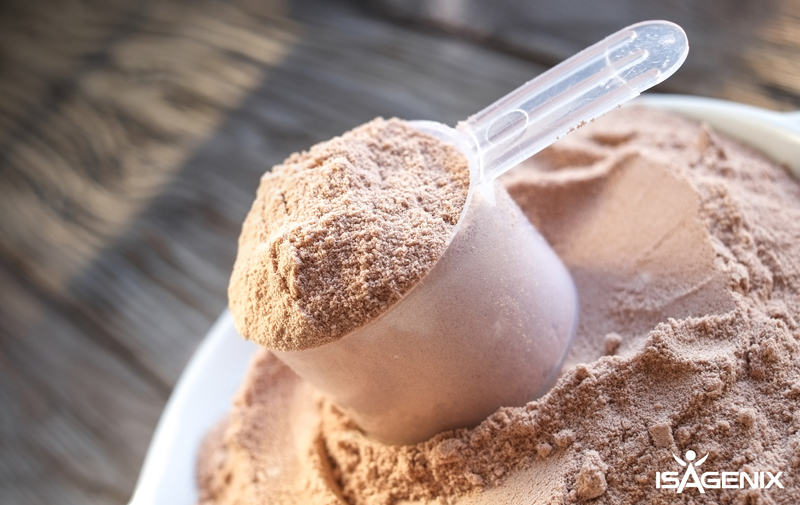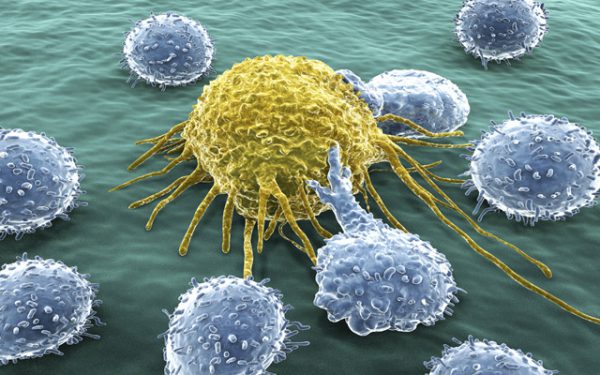With the advent of internet ‘experts’, it can be hard to sift the truth from the myth, especially when it comes to nutrition. Protein is a macronutrient that has received a lot of attention in recent times, so we thought it was high time to put a few of these myths to bed!
- Too much protein is bad for your kidneys and bones
It was once thought that consuming more protein than recommended may cause renal damage by overloading the kidneys. The science has since shown that this theory is outdated for the healthy individual, as clinical studies have found no significant evidence for a detrimental effect of high protein intakes on kidney function (1)
As for bone health, many factors are at play. Protein can play an interesting role when it comes to bone health, depending on a variety of factors, including the level of protein in the diet, the protein source, calcium intake, weight loss, and the acid/base balance of the diet (2). The important thing is to ensure adequate dietary calcium intake to offset your protein intake and get the best result. What’s more is that higher protein intakes have been positively associated with increased bone strength (2). Conveniently, our IsaLean™ Shake delivers 200mg calcium in every serve, making it a good source of dietary calcium.
- Most people eat too much protein
With the previous RDI for protein being 0.8g to 1.0g of protein per kg of body weight per day, some people doubled or tripled the ‘recommended’ amount unintentionally, due to the fact that the RDI for the nutrient was quite low. For example, 0.8g/kg BW for a person weighing 60kg is 48g protein daily, which is the amount you would consume from a 200g serve of chicken breast). However, in light of new research findings, the amount of protein recommended for weight loss and muscle maintenance is significantly higher than the RDI. According to a recent position stand on diets and body composition, protein consumed at double the RDI (1.6 g/kg BW) repeatedly outperformed the RDI (0.8 g/kg) for preserving lean mass (muscle) and reducing fat mass (3).
In a similar position stand looking at protein and exercise, an overall daily protein intake in the range of 1.4–2.0 g protein/kg body weight/day (g/kg/d) is recommended as sufficient for most exercising individuals looking to build and maintain muscle mass (4). In addition, the researchers suggest that higher protein intakes (>3.0 g/kg/d) may have a positive impact on body composition in resistance-trained individuals like promoting fat loss. So, even with the more conservative amount of 1.6g/kg BW for a 60kg person, this is close to 100g protein per day. Consuming two IsaLean Shakes per day delivers 48g of high-quality protein spaced evenly throughout the day, helping you to meet this requirement.
- Protein supplements can displace other nutrients from the diet
This is partly true if the protein supplement of choice only delivers protein, as they can be filling and displace the opportunity to nourish with a more complete food. IsaLean and IsaLean PRO shakes are somewhat different, because while they deliver 24g and 36g protein respectively, they are balanced meals, complete with a source of low-GI carbohydrate, fibre, healthy fats, 21 vitamins and minerals digestive enzymes and even a probiotic. This can’t be said for many other protein supplements.
- You don’t need additional protein unless you are training
This is a common misconception. As we discussed above, protein requirements are increased for resistance-trained individuals or those looking to start a new resistance training regime, as well as those looking to lose body fat and wanting to preserve lean mass (3). However, a group that is often forgotten about is older adults – those aged 65 years or older. Older adults often fail to consume enough protein to meet needs (genetic predisposition, low appetite, physiological changes and/or medical conditions) yet evidence for higher protein requirements continues to build, and current recommendations for this population group are around 1.0-1.2g/kg BW/day. For a person weighing 60kg, this would be 60-72g protein per day. One IsaLean PRO shake can provide around half of that person’s protein requirements for the day in a convenient and delicious smoothie.
- All proteins are equal
Another common misconception is that all proteins are equal. Some forms of protein are known to be of ‘high biological value’ (or HBV) and are better than some other types of plant-based proteins because they contain all of the essential amino acids (those that cannot be synthesised by the body) and are more readily digested. Dairy, eggs and meat proteins are HBV proteins.
If you are vegetarian or vegan and looking for plant-based foods complete in all of the essential amino acids, consuming legumes with grains can often fill in the amino acid gaps and provide a good source of those essential building blocks. You may also like to include one or two serves of our IsaLean Dairy Free shake to provide a nutritious meal or snack that provides all of the essential amino acids that are very close to what would naturally be found in dairy-based protein shakes.
- Martin WF, Armstrong LE, Rodriguez NR. Dietary protein intake and renal function. Nutrition & Metabolism. 2005;2:25. doi:10.1186/1743-7075-2-25.
- Heaney RP, Layman DK; Amount and type of protein influences bone health, The American Journal of Clinical Nutrition, Volume 87, Issue 5, 1 May 2008, Pages 1567S–1570S, https://doi.org/10.1093/ajcn/87.5.1567S
- Aragon AA et al. International society of sports nutrition position stand: diets and body composition. Journal of the International Society of Sports Nutrition 2017 14:16
- Jager R et al. International Society of Sports Nutrition Position Stand: protein and exercise. Journal of the International Society of Sports Nutrition2017 14:20
- Deutz NEP et al. Protein intake and exercise for optimal muscle function with aging: Recommendations from the ESPEN Expert Group. Clinical Nutrition 33 (2014) 929-936. http://dx.doi.org/10.1016/j.clnu.2014.04.007





